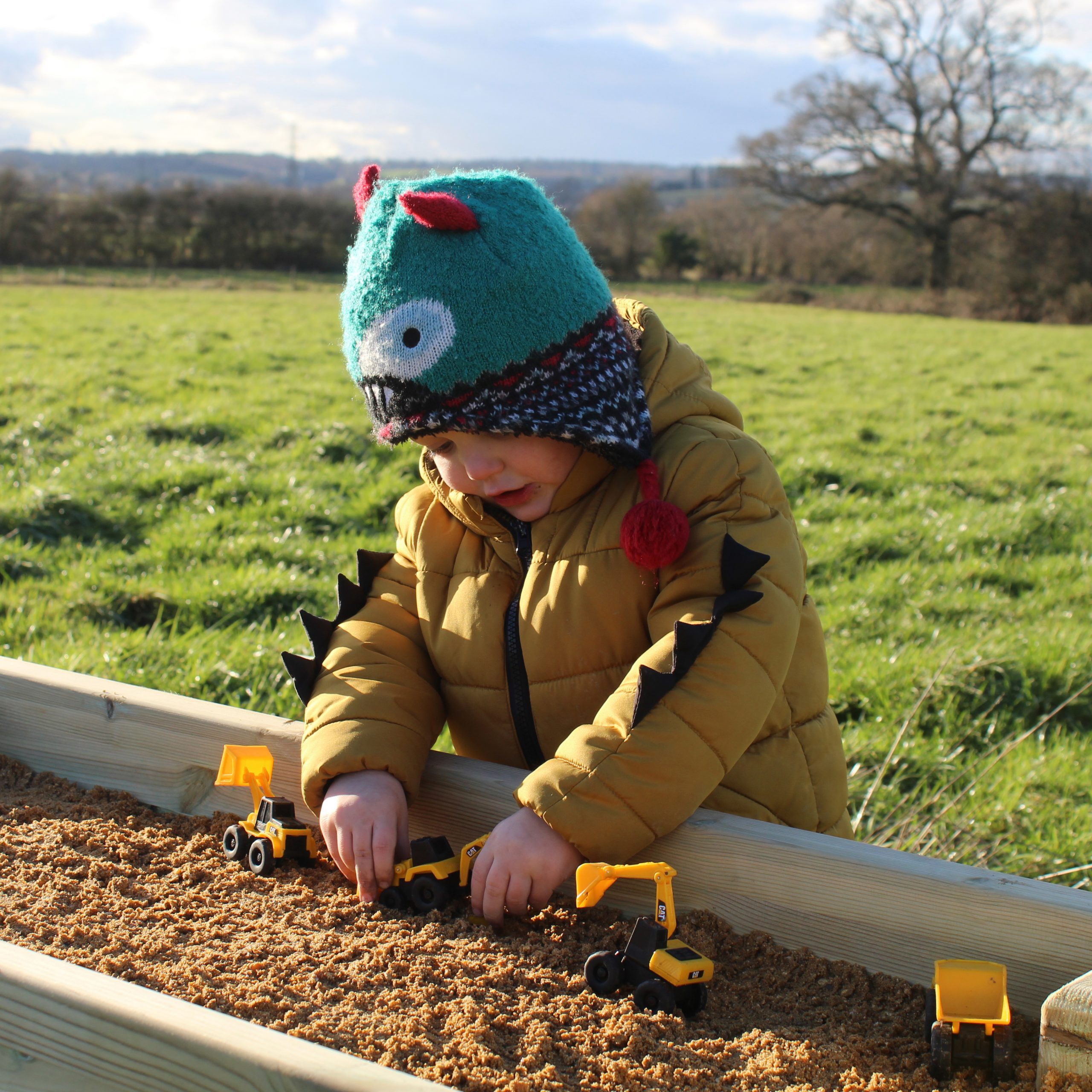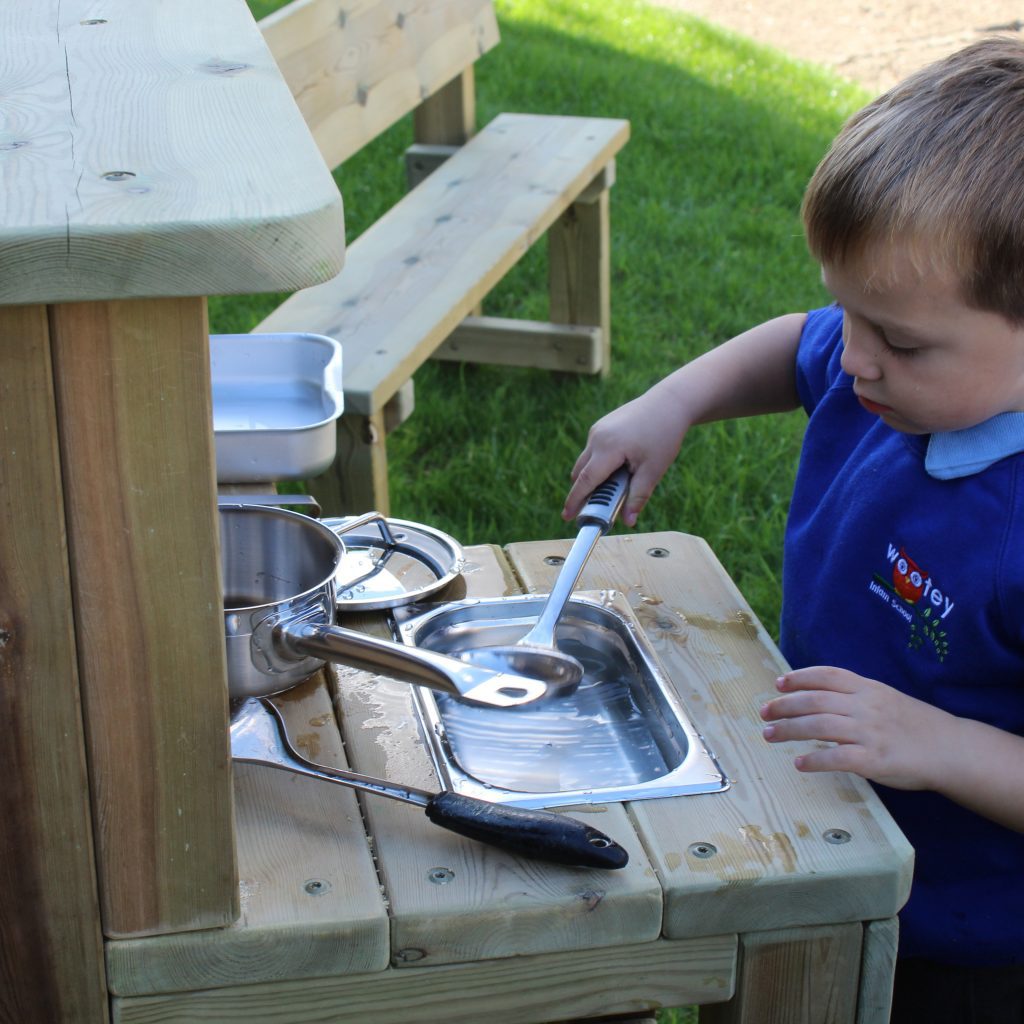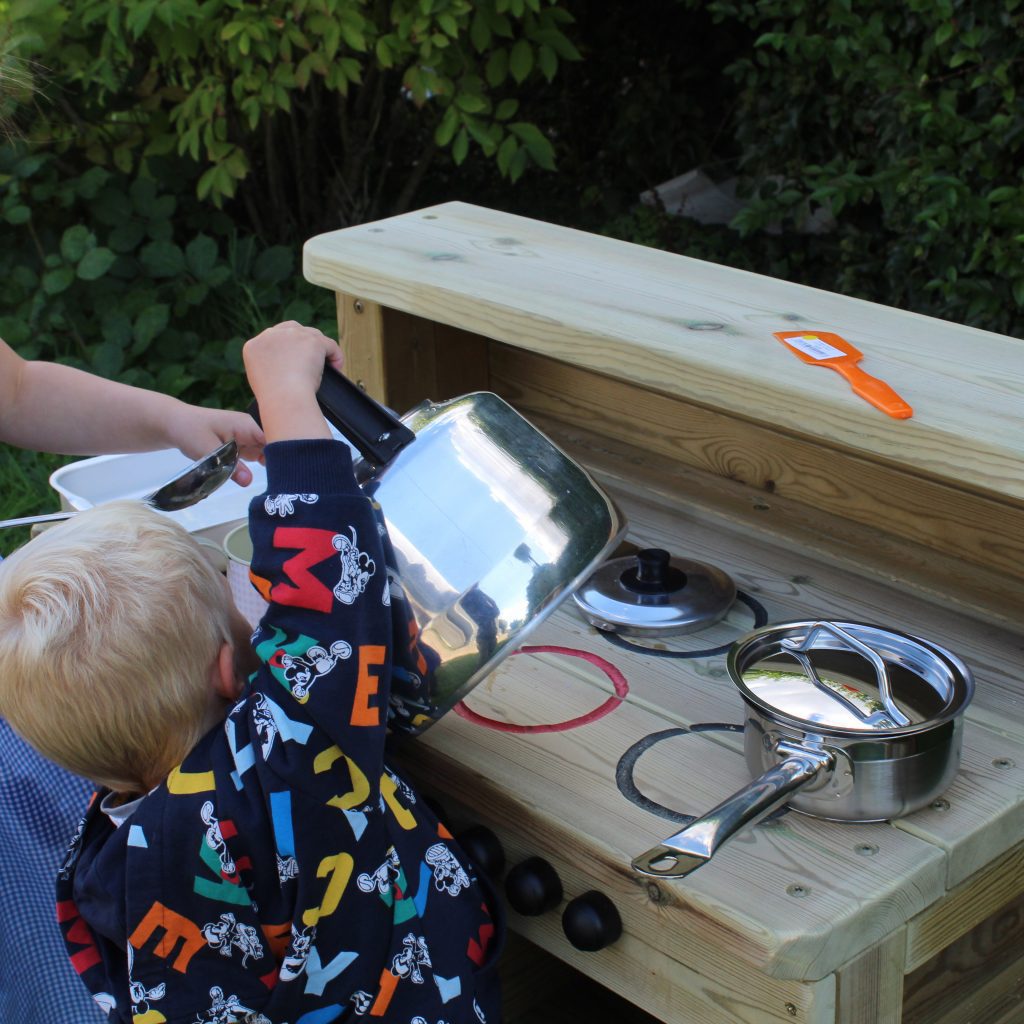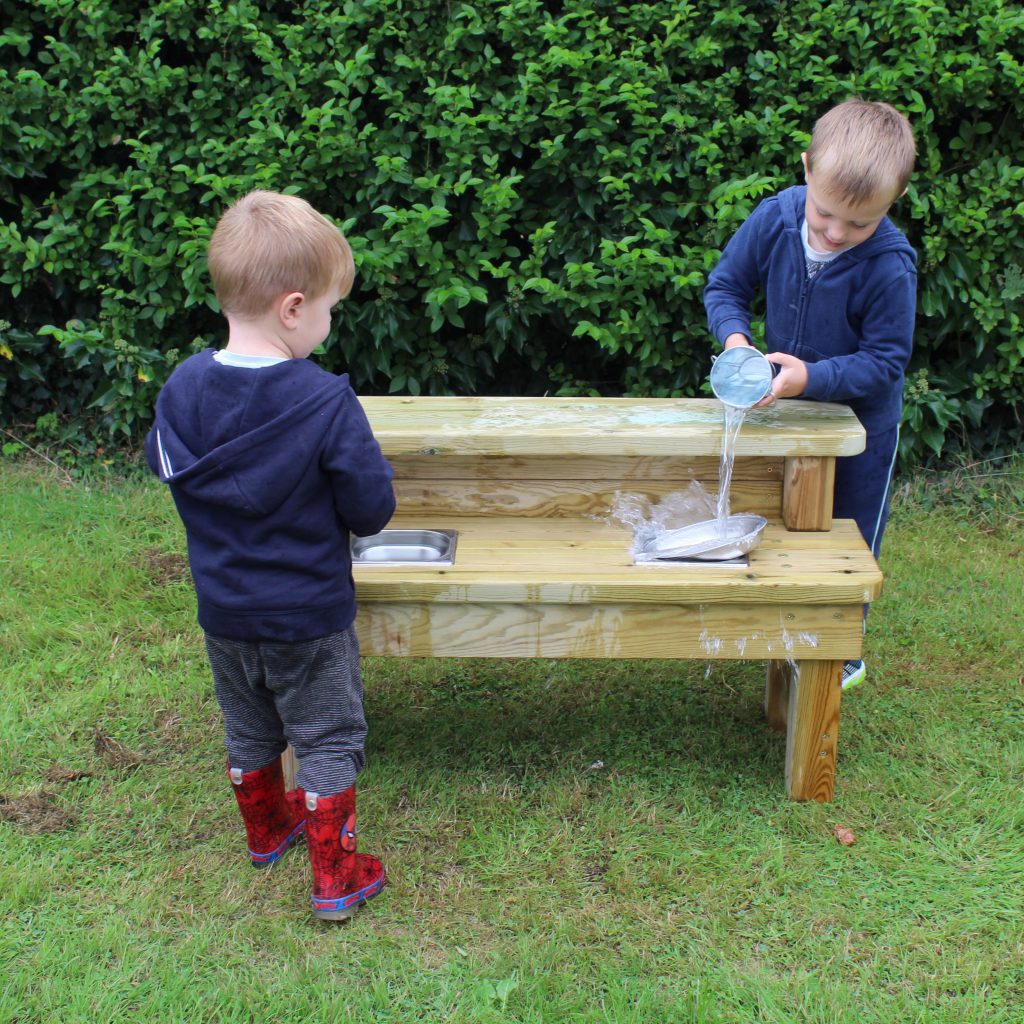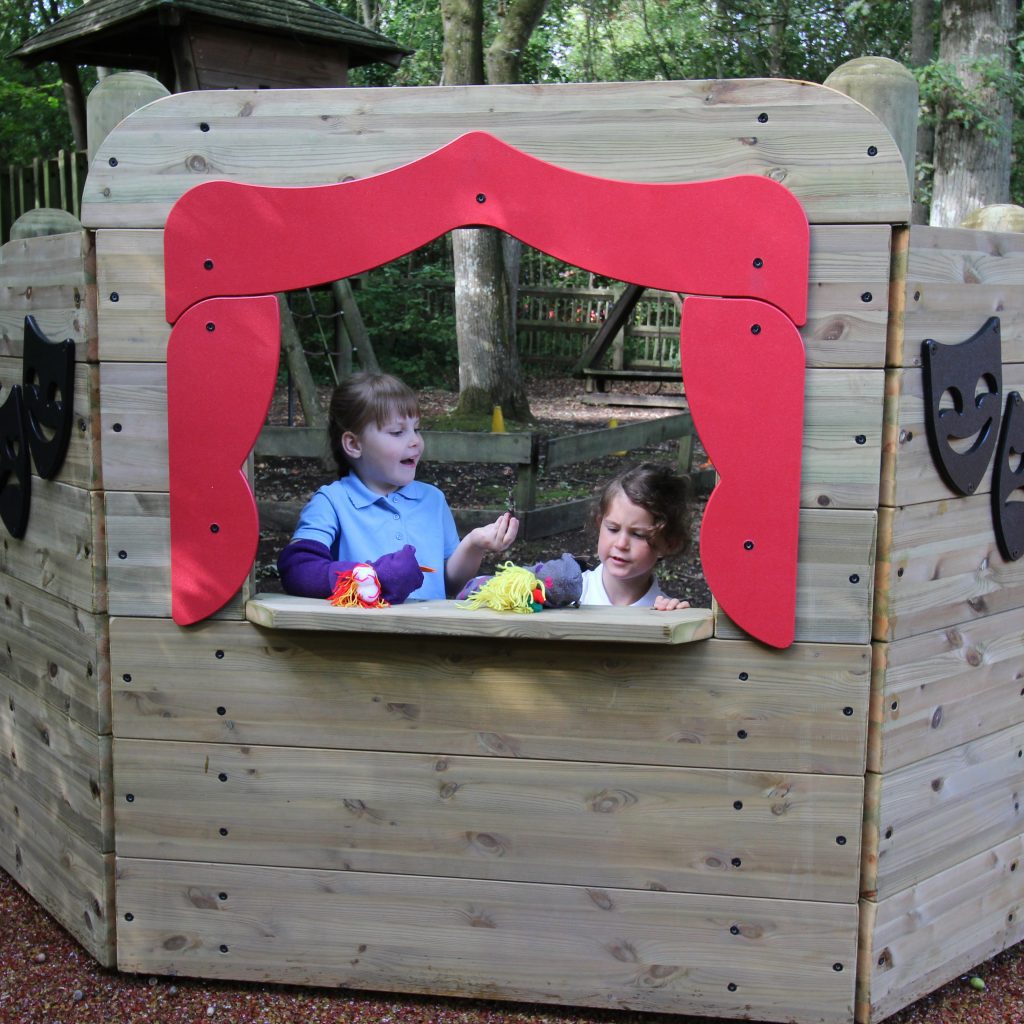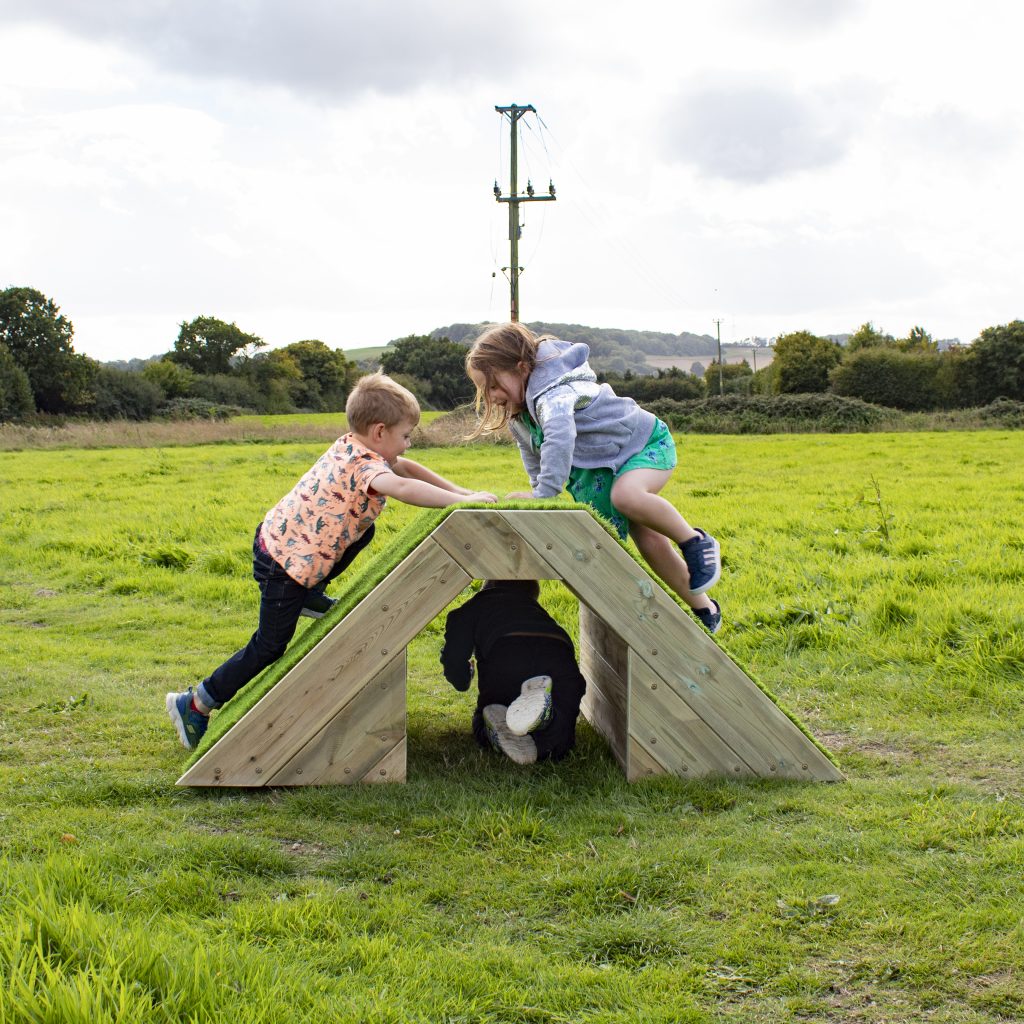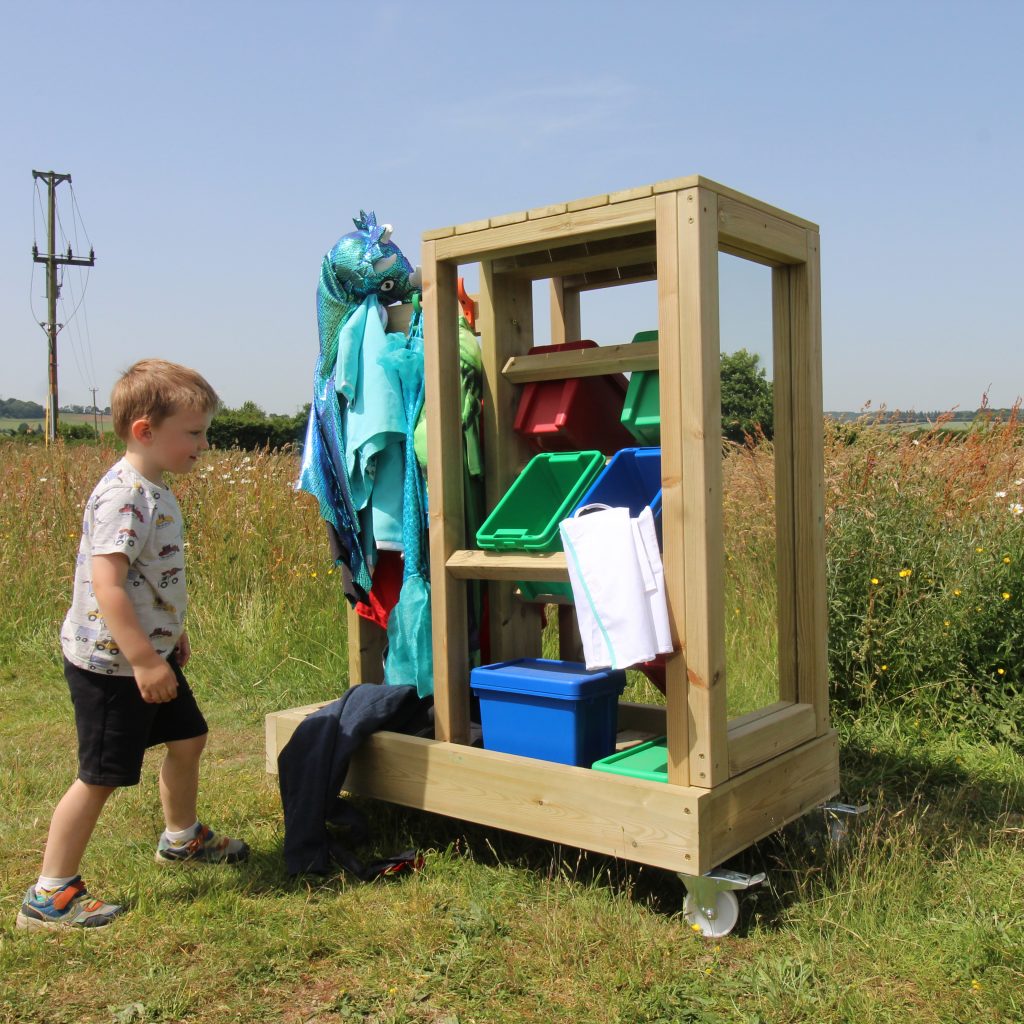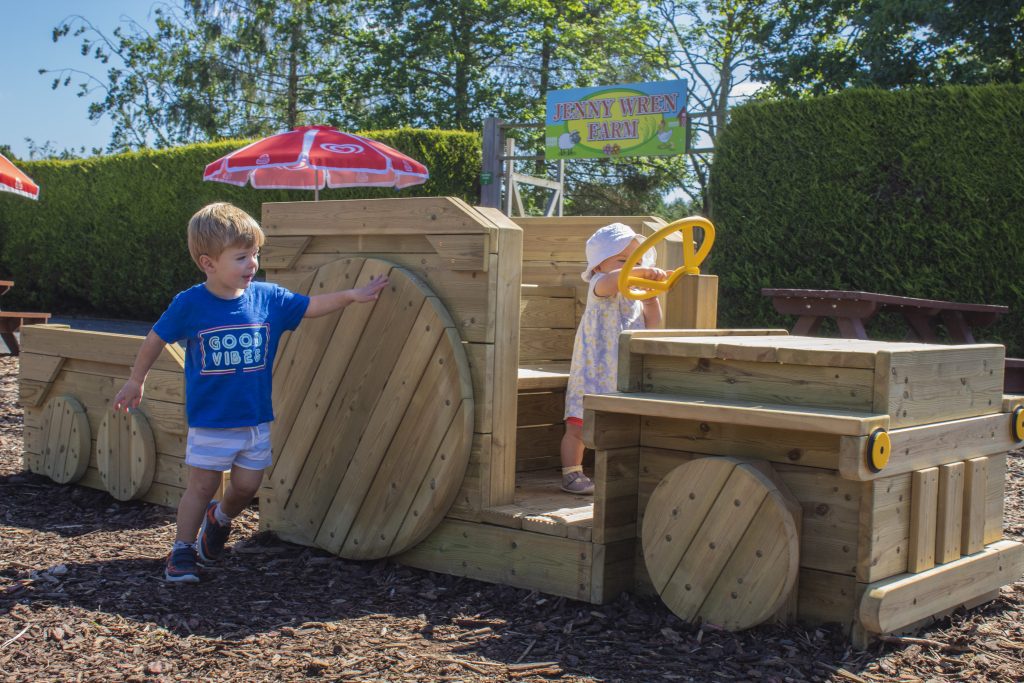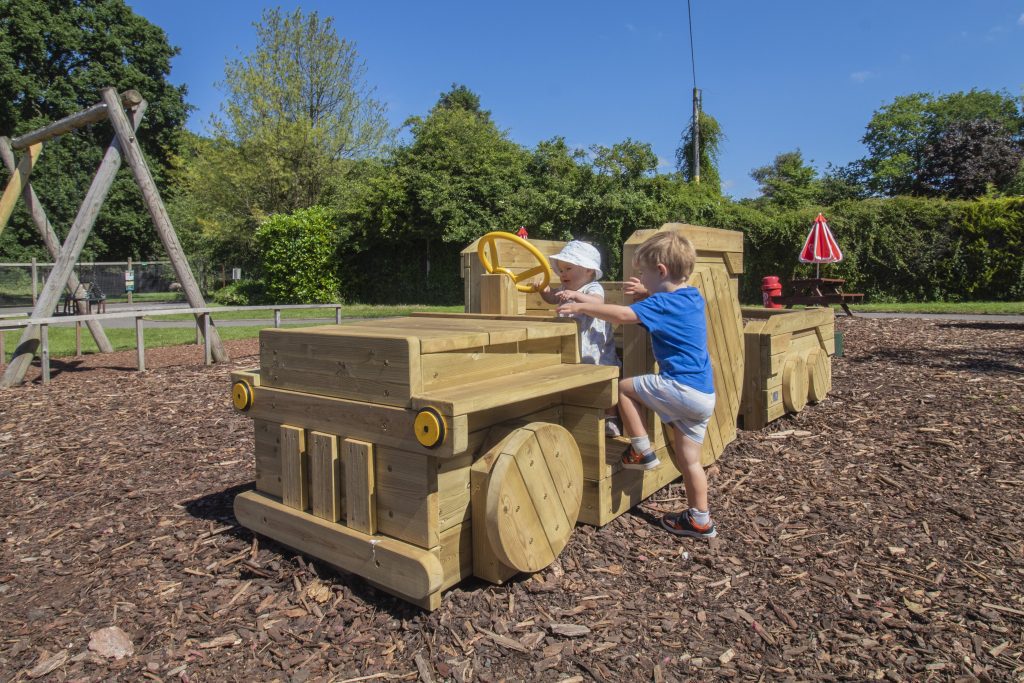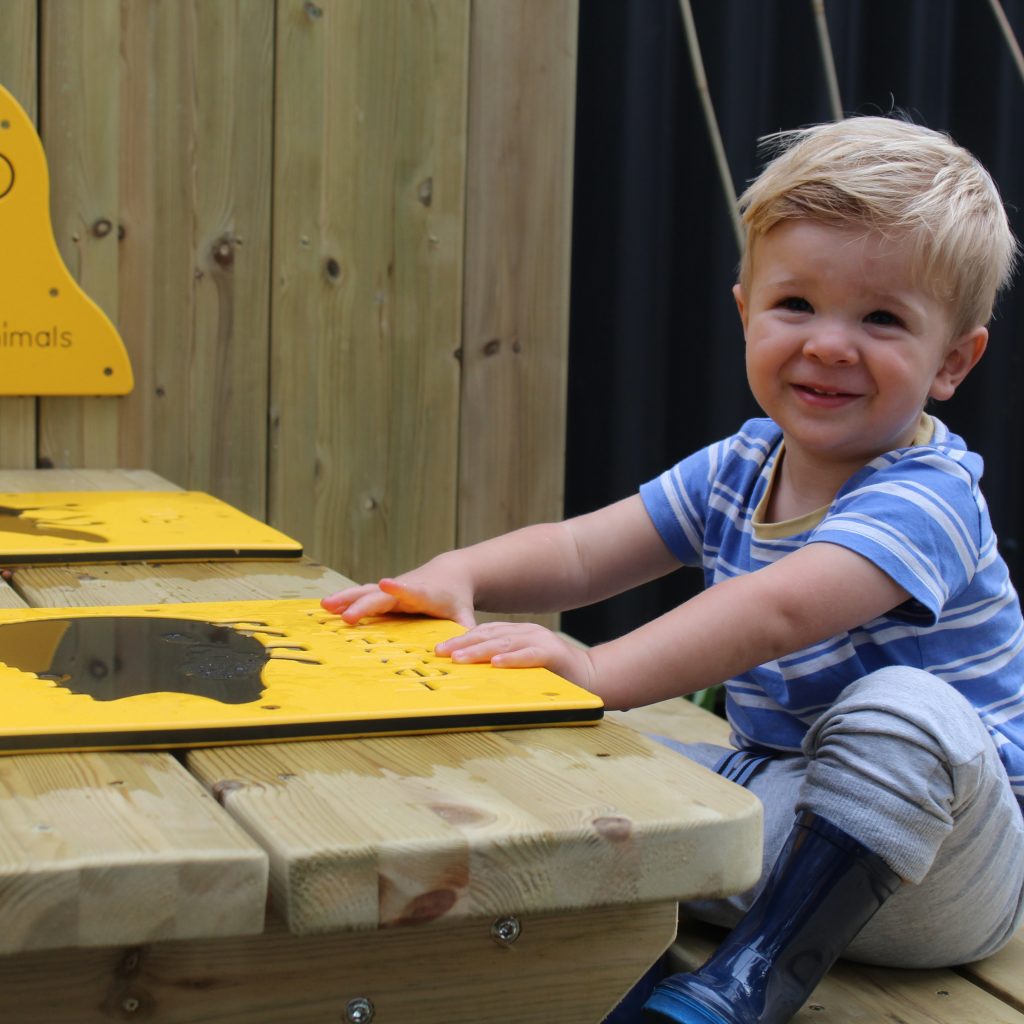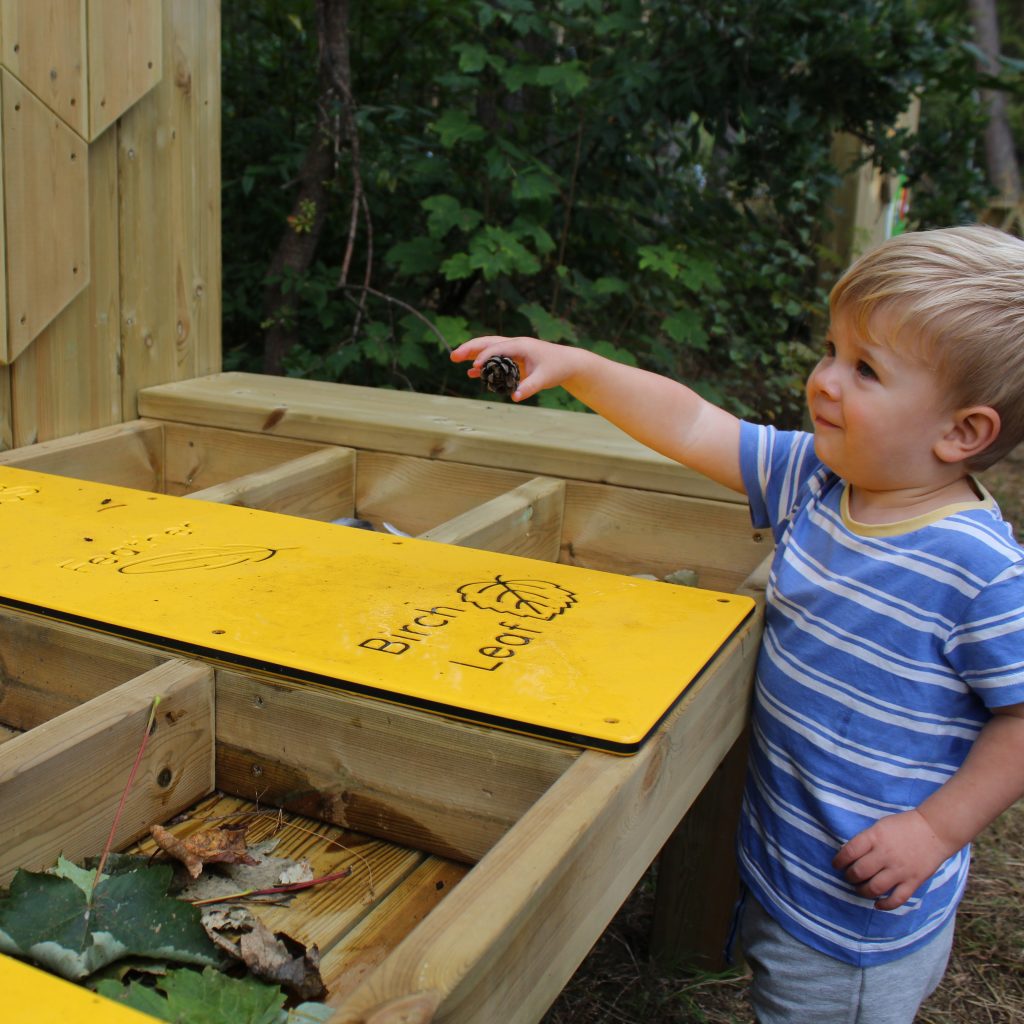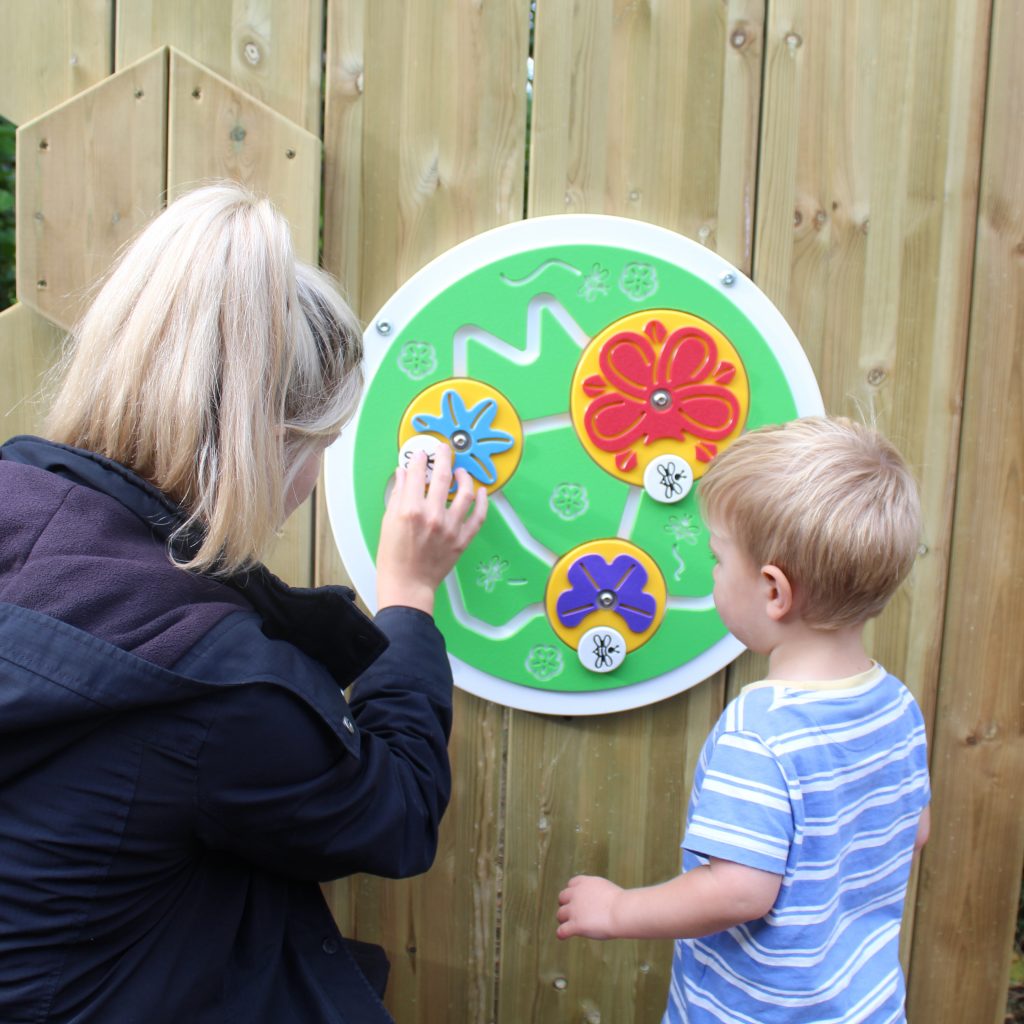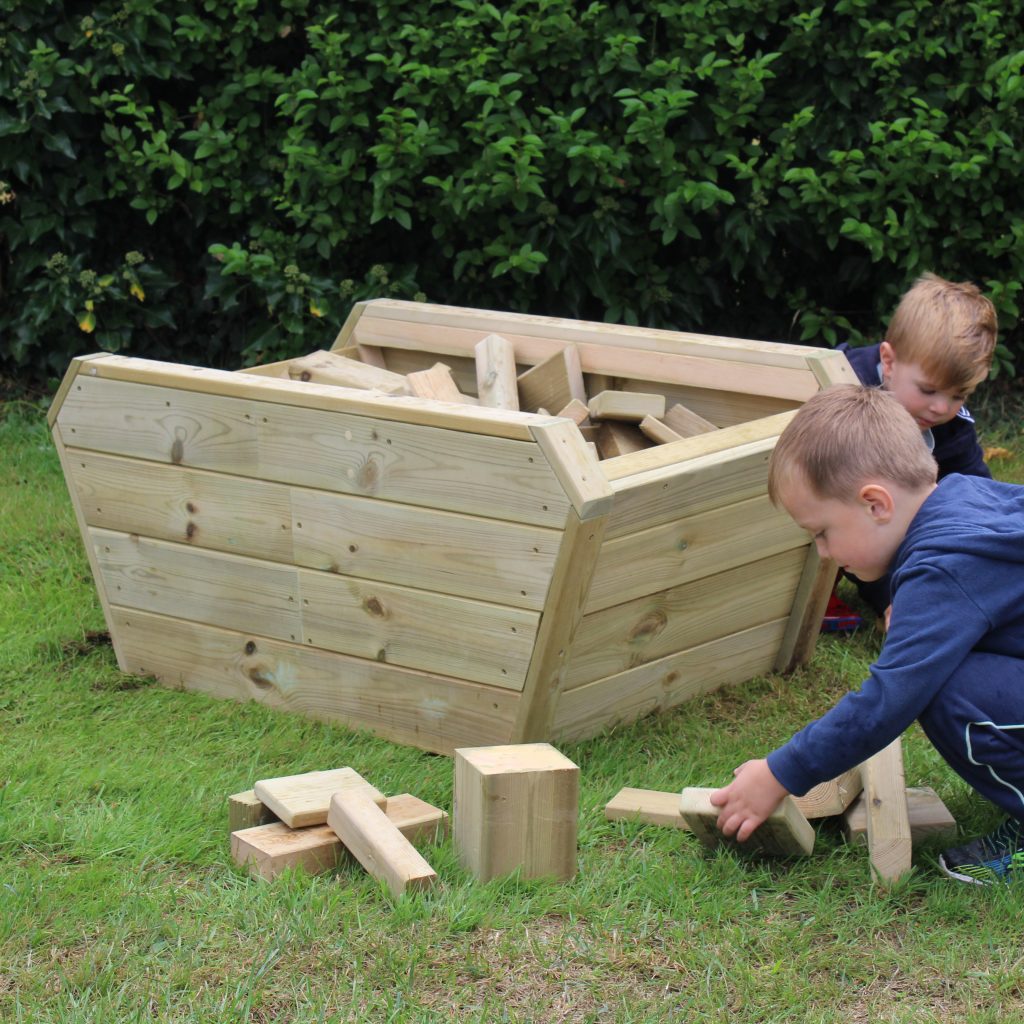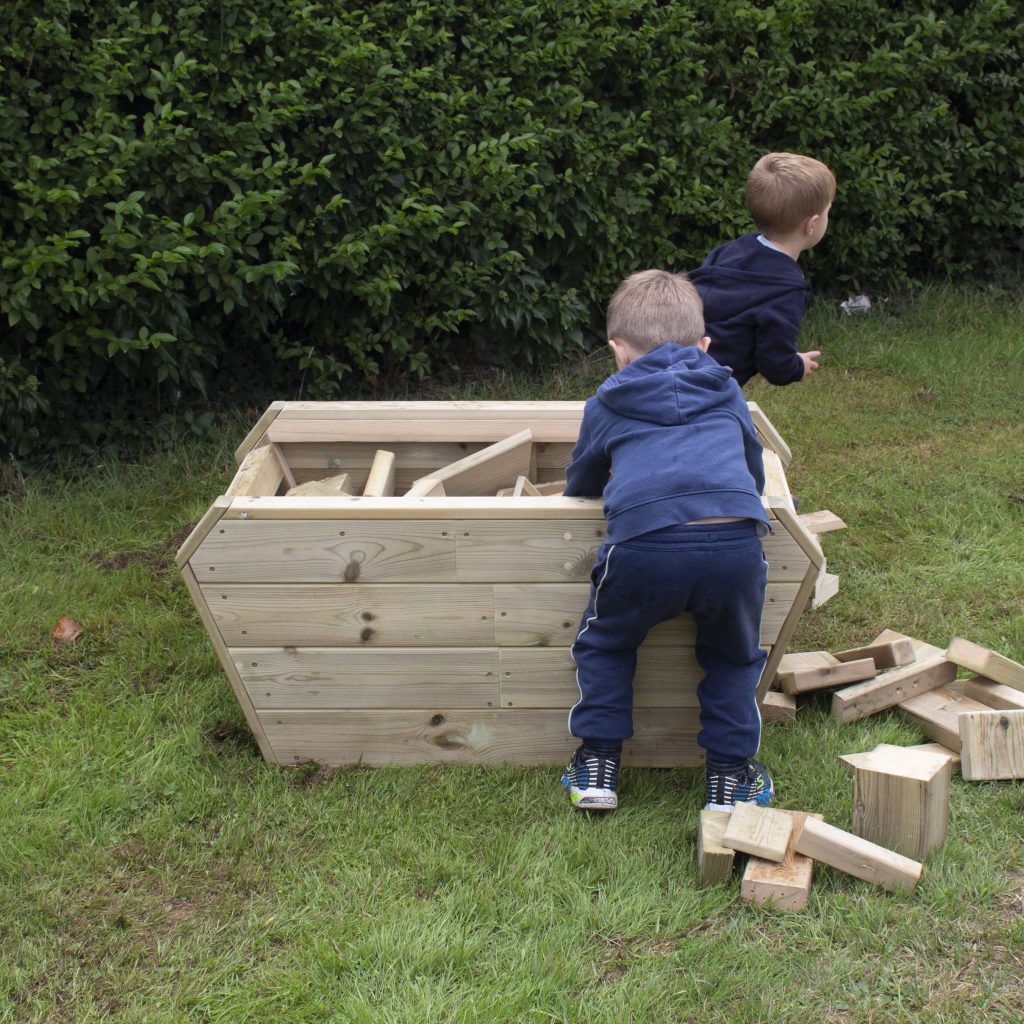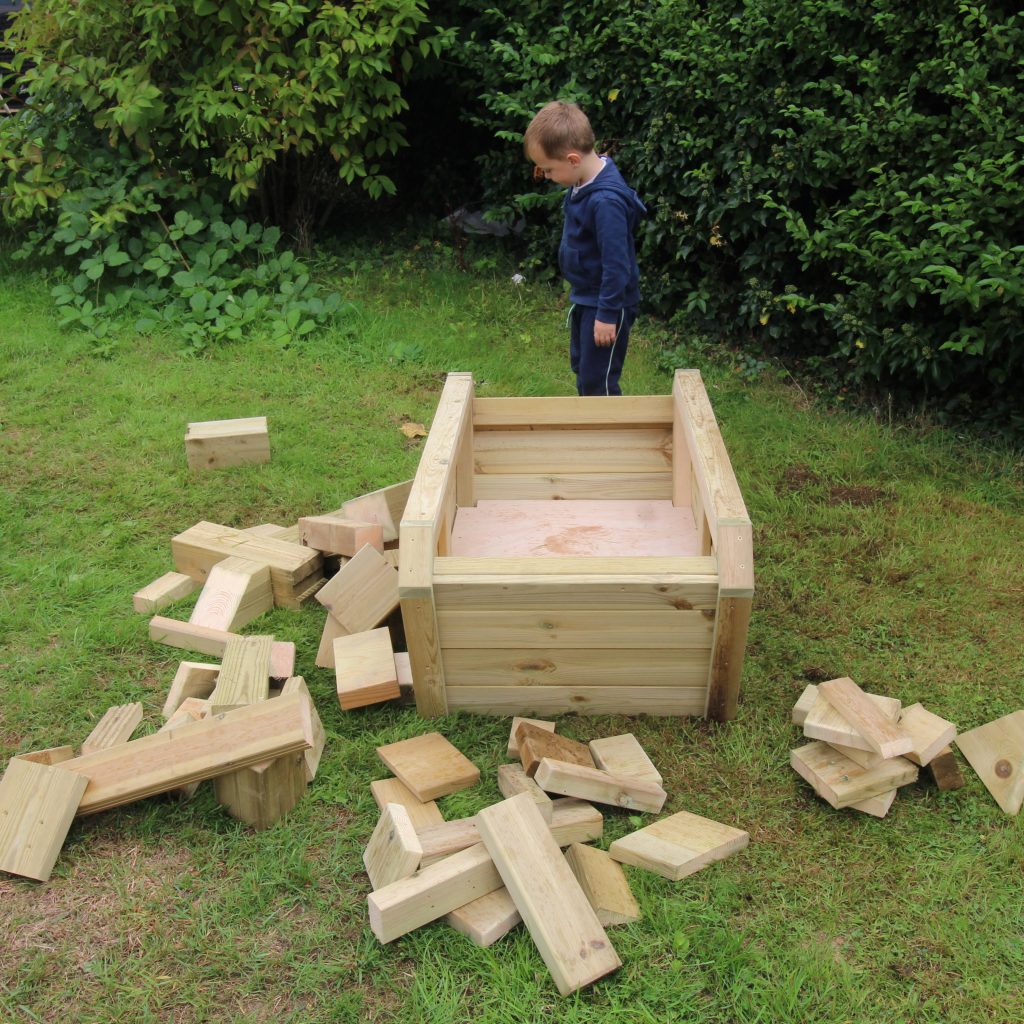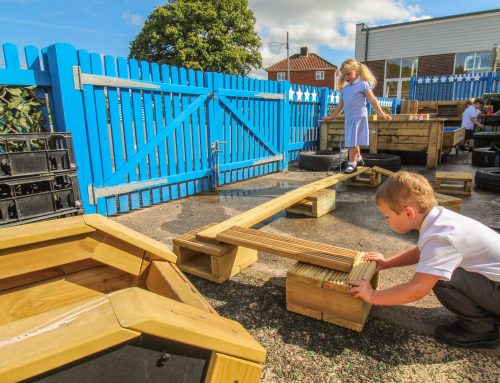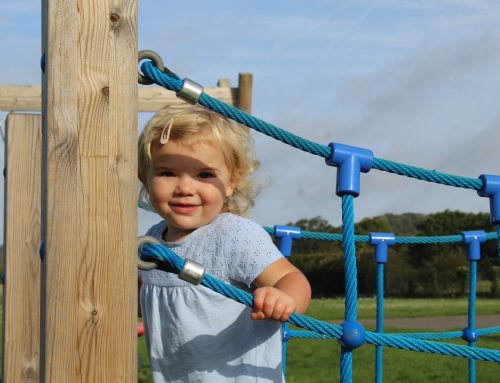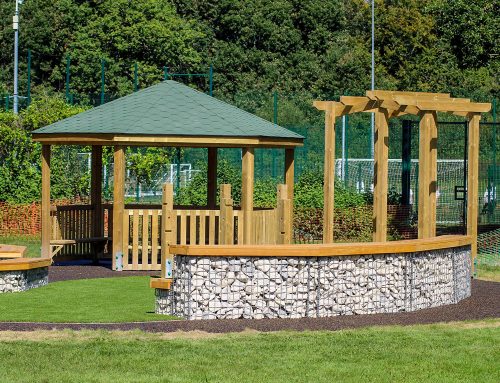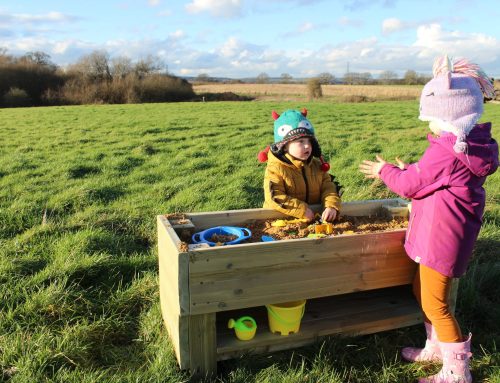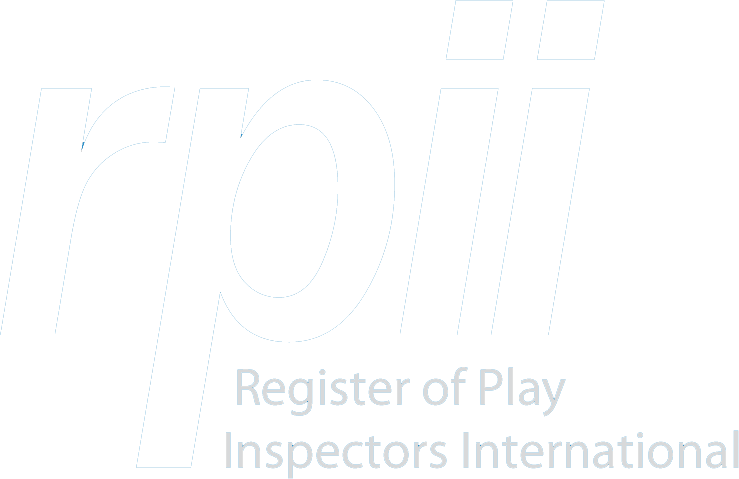Einstein said, “Imagination is more important that knowledge.” We agree that imagination and creative thinking are key to our development, but what are the benefits of imaginative play? Studies have shown there are five main benefits to encouraging children in imaginative play.
Develop Social Skills
Pretend play encourages exploration of feelings, relationships, and investigation into how these things work. Without realising it children will re-enact how they perceive relationships and in turn gain empathy for others. These social skills are further developed as children explore language, learning to express themselves verbally and non-verbally.
Build Self Confidence
Young children are constantly told what to do and how to be but imagination allows them to be whoever or whatever they can dream of, and using that power of imagination children can grow in confidence of their own abilities and their ambitions. We can help with this by providing costumes, puppets and even themed play area’s.
Boost Intellectual Growth
Using the imagination encourages children to begin thinking symbolically. This can start from as early as 8 months old when a child picks up their toy and bangs it on the floor to make a racket. Using objects to represent other objects. Research has shown this type of play forms the base for literacy and numeracy and when children are engaged in symbolic play, they are practicing this very concept!
Practice Language Skills
Pretend Play usually results in lots of talking and noise making. Some of it may seem gibberish but actually it helps to boost their vocabulary, improve sentence structure and enhance their communication skills. Researchers discovered that children engaged in pretend play often use higher forms of language than they would use in normal situations.
Work Out Fears
Imaginative play allows children the opportunity to unpick confusing feelings, like anger or frustration, feelings they may not yet possess the tools to understand. Having the space, time and freedom to play imaginatively, provides children with a sense of power – they feel capable of being in control, of figuring things out, of thinking things through and solving problems.

